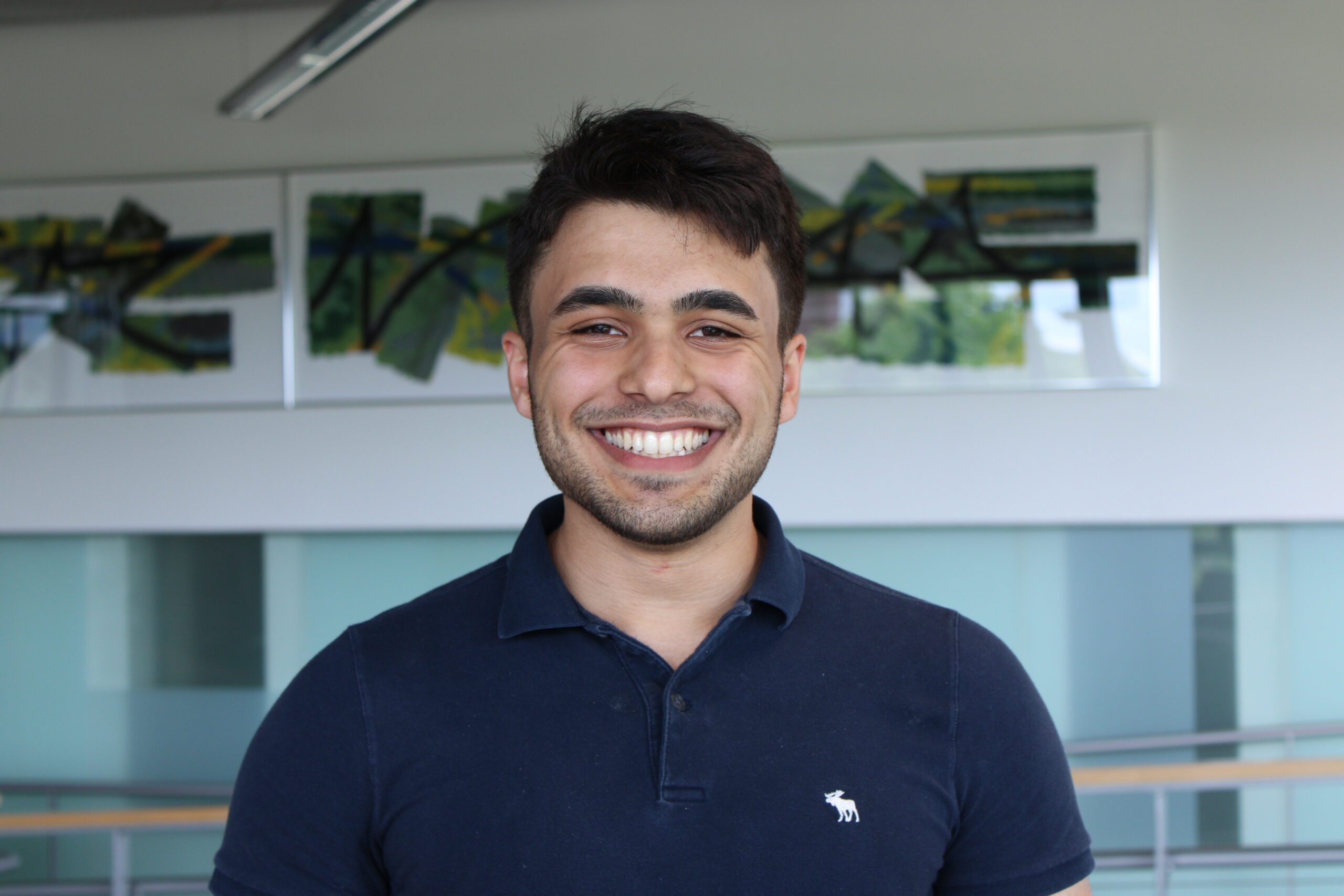Arman Getzen, a pre-med student at U-M, shares his experience learning about the complex processes required in order to optimize healthcare operations.

Growing up, I always knew I wanted to pursue a career in medicine. When I was little, my dad would bring me to the hospital where he practiced, and I remember wandering around the unit floor and being fascinated by all the specialized equipment and nurses walking around in their scrubs. I was interested in the providers’ many responsibilities and how the medical devices they used to treat patients worked. I decided early on that my goal was to become a physician, so I started college on a pre-medical track with a major in Biomedical Engineering.
Fast forward to early this year, and with all the clinical experiences I’ve had the opportunity to be a part of, I came to the false conclusion that I had a good understanding of how a hospital worked (a common assumption among cocky pre-meds). After all, I’ve volunteered at the hospital, researched at a medical lab, and worked as a patient sitter at the hospital’s inpatient units. Working in a hospital, you become familiar with how providers interact with patients, the typical protocol for assessing a patient’s condition, and the need for providers be flexible and quick-witted in responding to sudden changes. You see patients faced with challenging medical conditions, but you also learn how a team of dedicated providers can make a positive difference in their lives. What more could there be to healthcare?
Well, I soon realized that you need more than doctors and nurses to run a hospital. It’s easy to focus exclusively on the interpersonal aspect of healthcare and forget that hospital rooms must stay running, patients must connect with the right providers, and units must be able to handle the volume of patients they receive.
In my head, the healthcare system was presenting itself as a black box. The inputs and outputs were straightforward—a patient presents to the hospital with symptoms, sees the right people to address them, and is (hopefully) sent on their way. However, the mechanisms used to guide a patient through the experience were a mystery. Who decides when it’s your turn to see a provider? How are patients’ care plans scheduled months in advance? How are patients prioritized when their medical needs don’t share the same urgency? These questions went unanswered until I joined the Center for Healthcare Engineering & Patient Safety (CHEPS).

Through CHEPS, I’ve gotten a taste of what lies beyond the facade of a patient room or emergency department bed. The processes used to optimize healthcare operations involve complex algorithms and procedures used to sort patient types, schedule appointments, and even simulate clinical activity, all under the wide net of Industrial and Operations Engineering. It never occurred to me that there was a need to optimize problems such as the inflow of patients into a prenatal clinic or the volume of messages a provider receives via telehealth. In reality, these logistics work in the background while the patient-provider interaction takes center stage.
Working at CHEPS has given me a clearer understanding of how the needs of patients extend beyond the care of a provider or a biomedical device. Through my work on the PATH project (Prenatal Plan for Appropriate Tailored Healthcare), I’ve seen the enormous amount of information utilized to block out appointments and plan prenatal visits. These efforts help to optimize patient outcomes, relieve clinics of burdens regarding overbooking, and reduce the use of rigid care pathways. I’ve also worked extensively on projects involving the messaging system used by providers and have discovered that a vast network of people and operations keeps providers organized and triages patients before they even enter the hospital.
Healthcare is about so much more than what you see on the surface, and being aware of the hidden, complex infrastructure is essential to addressing problems and providing a better experience for patients and providers.
I hope that as I continue my work at CHEPS, I can continue to learn what healthcare wholly means. All students who intend to work in the medical field would benefit from an experience like CHEPS, and I’m excited to see what else CHEPS has in store for me in the future!
— Written by Arman Getzen, CHEPS Student
